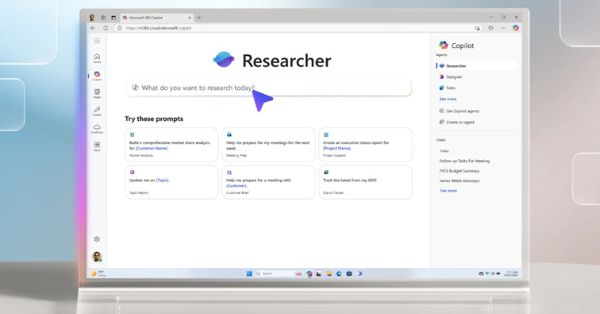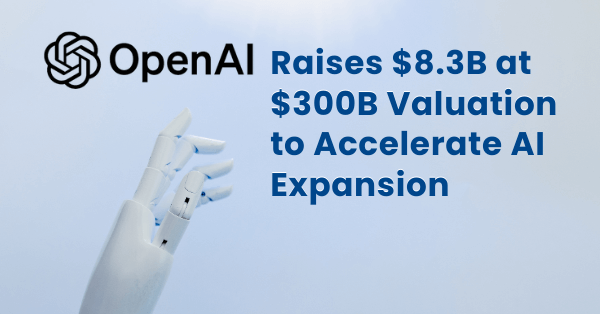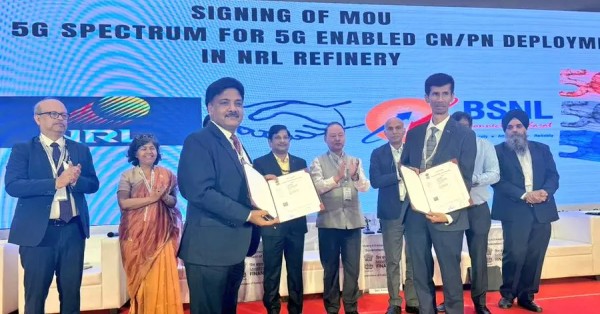Microsoft has recently upgraded its Microsoft 365 Copilot by incorporating new AI-powered deep research tools, named Researcher and Analyst. This enhancement aligns Microsoft with other major players in the tech industry who have introduced similar advanced AI chatbots, such as OpenAI‘s ChatGPT, Google‘s Gemini, and xAI’s Grok.
Exploring Microsoft 365 Copilot’s New Features: Researcher and Analyst
The latest features in Microsoft 365 Copilot, Researcher and Analyst, integrate sophisticated AI reasoning models. These are specifically engineered to perform in-depth analysis and fact-checking, vital for thorough research on diverse topics. Researcher, powered by OpenAI‘s deep research model, is further boosted with advanced orchestration and deep search capabilities. It is designed to handle complex tasks, like developing market strategies or preparing detailed client reports.
Analyst, on the other hand, operates on OpenAI’s o3-mini reasoning model and focuses on advanced data analytics. It processes problems iteratively, refining methodologies to provide detailed insights. A key component of Analyst is its capability to run Python code, enabling it to manage complex data sets and display its workings transparently, which can be crucial for data verification and process understanding.
What Makes Microsoft’s Deep Research Tools Stand Out?
Microsoft’s new tools distinguish themselves by accessing both extensive internet data and internal business data. For instance, Researcher can connect with third-party data sources like Confluence, ServiceNow, and Salesforce through data connectors. This feature allows the integration of various data from multiple AI agents and applications, providing a comprehensive and interconnected research experience.
Tackling the Challenges of AI in Deep Research
While Microsoft’s AI tools boast advanced capabilities, they are not without challenges, such as ensuring data accuracy and avoiding the generation of incorrect information, commonly known as “hallucinations” in AI parlance. The AI models, including o3-mini, used in these tools can sometimes output errors like mis-citing sources or drawing wrong conclusions from unreliable data.
Microsoft recognizes these issues and is actively working to enhance the reliability of its AI tools. Ensuring the accuracy and credibility of the information provided by Researcher and Analyst is crucial for maintaining user trust and delivering actionable insights.
Early Access via the Frontier Program
Microsoft is introducing the Frontier program to offer Microsoft 365 Copilot users early access to the newly developed tools. This program is designed to allow participants to be among the first to test new and experimental features within Copilot, starting with Researcher and Analyst, which are expected to be available from April.
As AI technology continues to evolve, tools like Researcher and Analyst from Microsoft 365 Copilot are poised to significantly alter how professionals manage data analysis and in-depth research. These tools aim to simplify complex tasks and enhance accuracy. With continuous improvements and a commitment to addressing the inherent challenges of AI, Microsoft is set to lead in the utilization of AI technology for professional and research purposes.
In conclusion, Microsoft’s integration of AI-powered deep research tools into Microsoft 365 Copilot not only enhances the functionality of its platform but also sets a new standard in the use of AI for complex problem-solving and data analysis in the business environment. By continuing to refine these tools, Microsoft supports professionals in achieving more reliable and efficient outcomes.






























